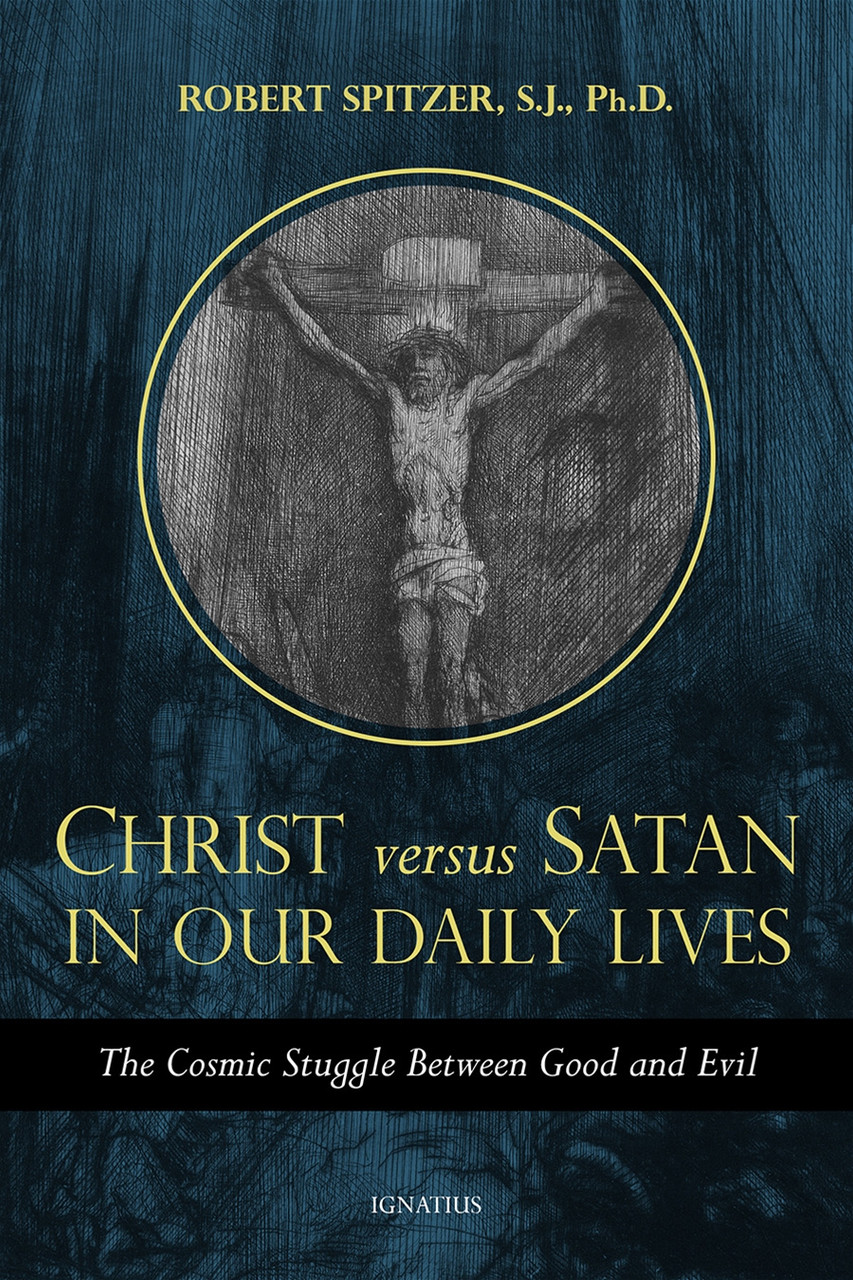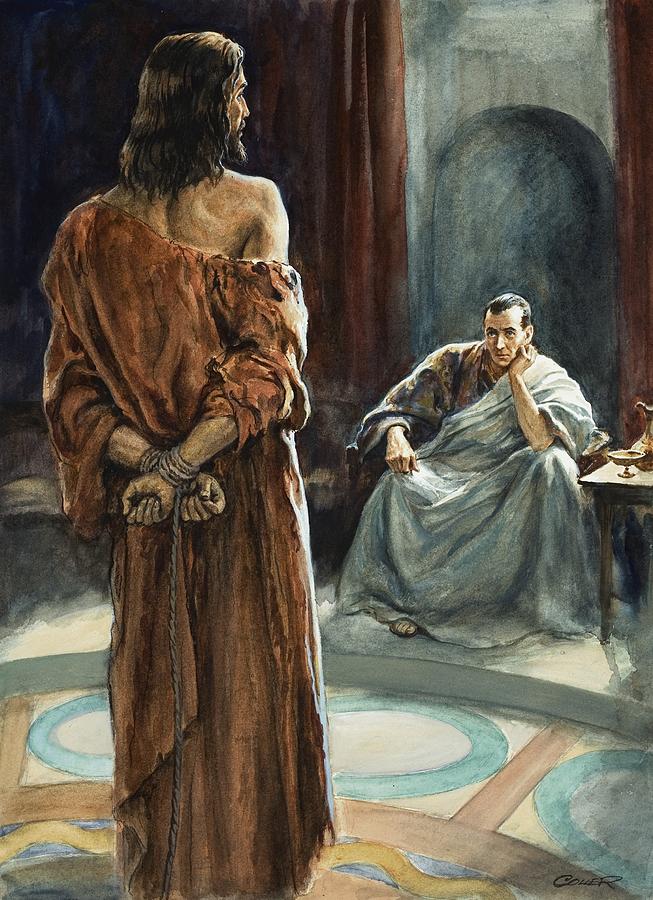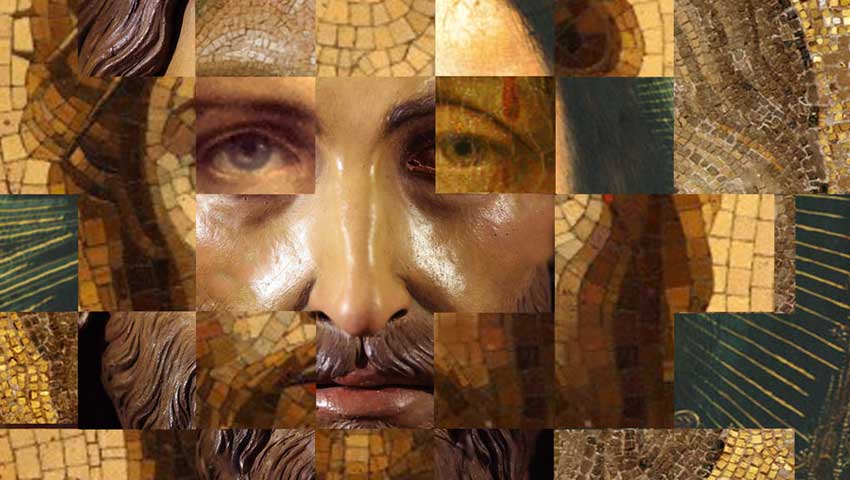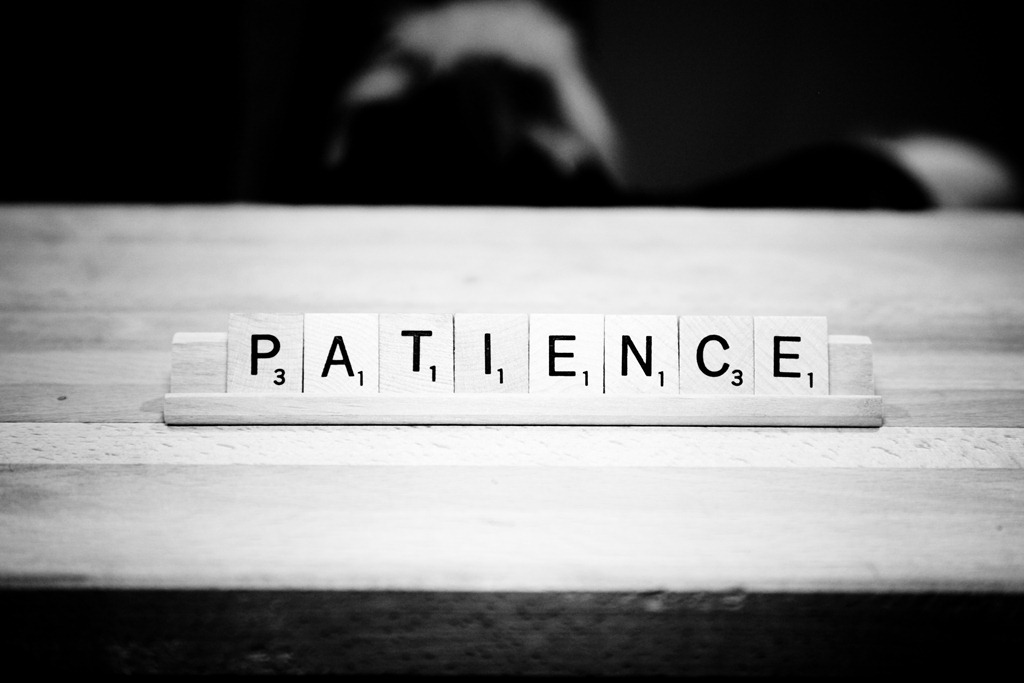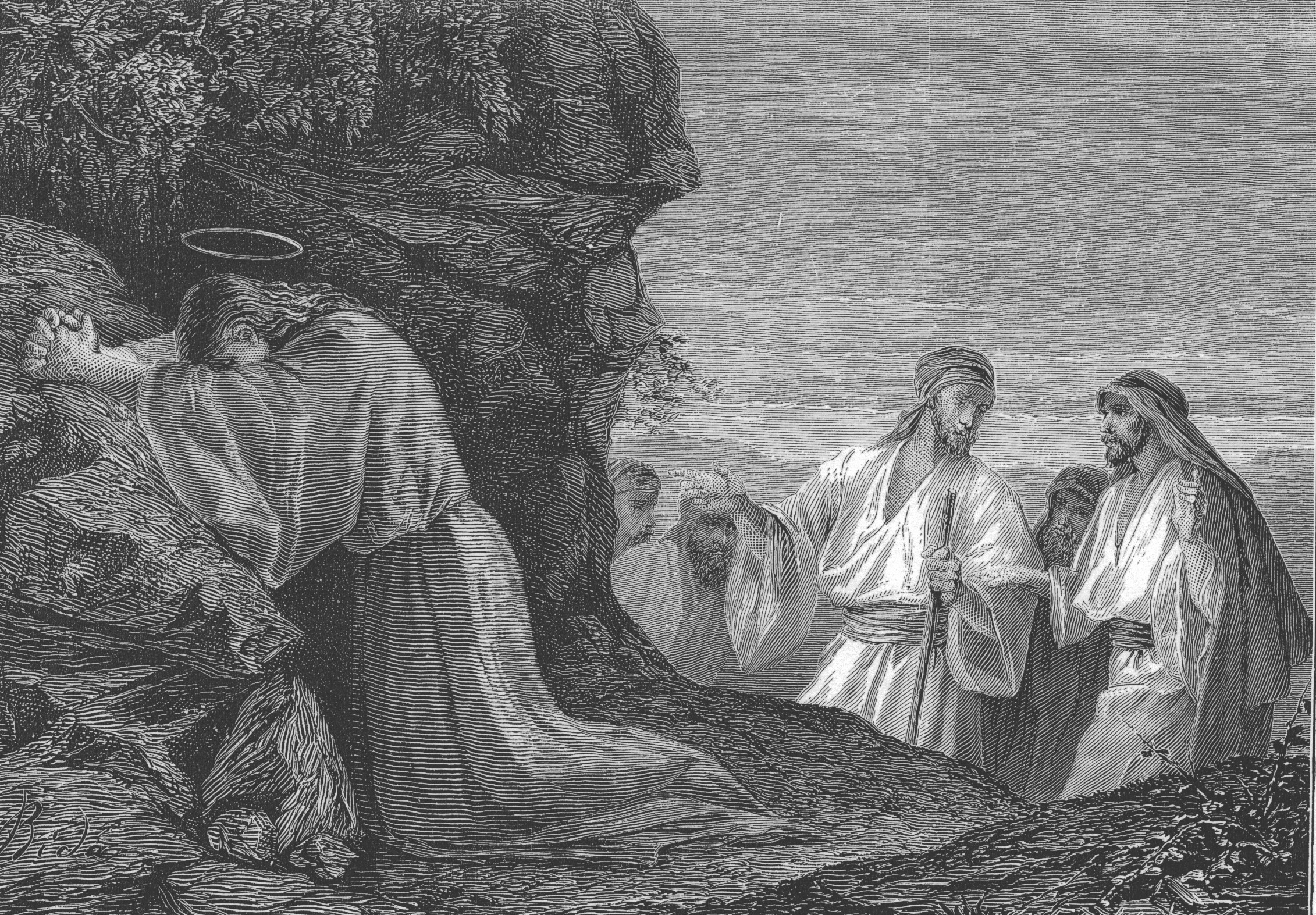We all act superficially at times
Here’s a follow-up post on a topic similar to sloth. This time, I’m talking about superficiality, a close relative to sloth and gluttony. By superficial, I mean lacking depth or substance and focusing on surface-level qualities. We often have that stereotypical, “bimbo blond” idea of superficiality which leads us to believe superficiality doesn’t apply to us. However, while we may not be a superficial person, we can act superficially at times.

One way many of us tend to act superficially is by spending too much time on activities that aren’t meaningful. There are those obvious ones like spending too much time in front of screens either binge-watching shows and movies or spending time on social media trying to craft this artificial projection of ourselves. We often chase “likes” and “thumbs up” on our online persona trying to impress faceless (and often non-human) masses.
Superficiality in the news
But there’s another way we trick ourselves into superficiality. And that’s how we consume news. Many of us follow the 24-7 cable news cycle, not as a means of education, but as a means of entertainment. We follow our politicians like a sports team; cheering when they succeed and jeering when the “other side” wins. Instead of reporting facts and educating the public, most news outlets know they can increase advertising revenue by appealing to our baser tribal instincts of “us vs. them.” Often, the news is really no more substantial than episodes of “Keeping Up with the Kardashians.”
Not only is much of the media superficial, but it deprives us of worthwhile activities and dispositions. One of the ways media makes money is by scaring us. They present the improbable as likely making everyone believe that the “other side” is going to destroy us all. That leads to persistent feelings of dread and despair. When we replace our faith in God with superficial mass media, we replace hope with hopelessness. We tend to see everything through a lens of superficiality. We start to believe that our world is such a mess that not even God is powerful enough to fix it.

Following superficial news applies to news about the Church. Many of us follow scandals in the Vatican like soap operas. Worse, we often mistake following Church news for practicing our faith. We think because we know what Pope Francis said or how some bishops responded, we’re better connected to Jesus. Reading or watching homilies is a good start, but it isn’t the same as receiving the sacraments.
How to fight superficiality
How do we combat this superficiality? It’s quite simple actually. TURN OFF THE TV! I’m not saying you need to cut yourself off from world events. Like any appetite, you need to show restraint and control. Gluttony isn’t just about overindulging in food; it’s overindulging any appetite whether it be food, entertainment, or news. When you overindulge or consume things of low value, you don’t leave any room for God in your life.
Make time in your life for meaningful activities. Like a diet of proteins, fats, and carbs, you need to find a balance of spirituality, work, and leisure. Make time for prayer such as the Rosary, Liturgy of the Hours, and reading Scripture. Put in an honest effort on your work. And relax with some exercise, reading a good book, and spending time with friends and family. Find the superficial in your life and replace it with the meaningful.
When you pray the Rosary, meditate on the Second Sorrowful Mystery, The Scourging at the Pillar, whose fruit is Mortification or Purity. Think about what superficial practices in your life you need to purge. Like Jesus being scourged, showing discipline over our baser instincts can be painful. It’s hard to let go of easy comforts. But in that suffering, we learn how to overcome the temptation of a comfortable, but shallow, life so we can grow in holiness. Similar to how whips tore away Jesus’ flesh, we need to tear away the superficial “skin” in our lives that prevents us from experiencing deeper connections with our brothers and sisters in Christ and God himself.




